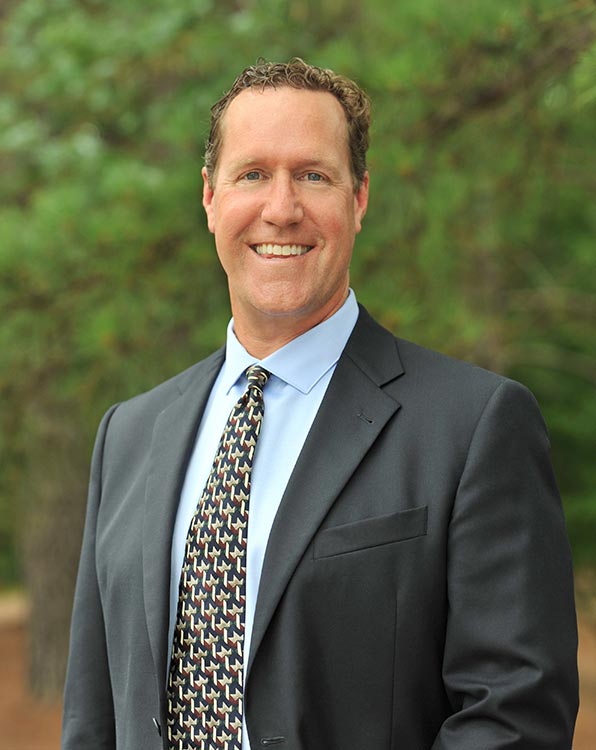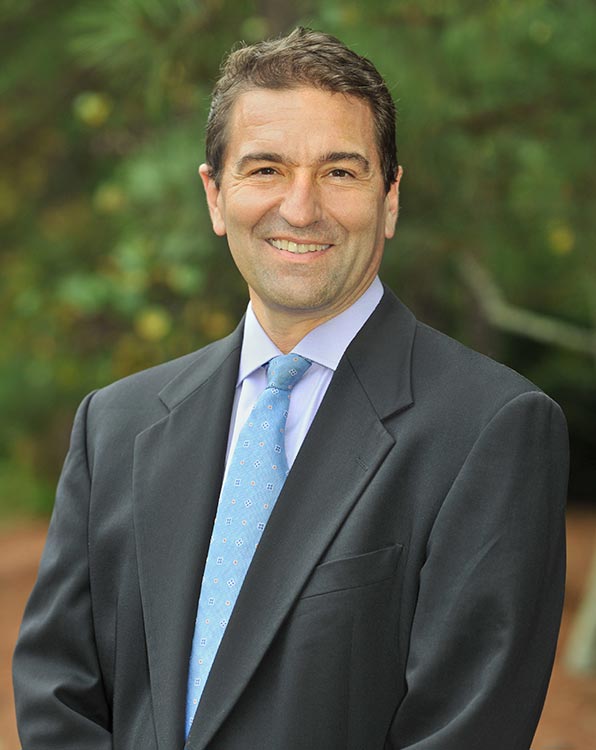Non-Surgical Treatment for Shoulder Injuries
Our shoulder specialists may recommend a conservative, non-surgical approach to address shoulder pain, with the goal of restoring stability, strength and function of the joint. In many instances, physical therapy and injections can provide enough recovery to avoid surgery, depending on the type and degree of injury or condition.
Physical therapy is aimed at restoring the strength and mobility of the shoulder or rotator cuff muscles by retraining them to provide greater reflexive control of the joint stability. PT may include range of motion exercises, strengthening exercises and shoulder blade stability exercises. An ultrasound, electric stimulation and Kinesio taping may also be appropriate, as well as applying heat and ice. Injections of corticosteroid or platelet-rich plasma (PRP) may also be indicated.
Common Surgeries to Treat Shoulder Injuries
Physical therapy alone may not suffice to completely alleviate shoulder pain, and arthroscopic shoulder joint surgery may be indicated. There are multiple factors that should be considered by the surgeon and patient before proceeding with minimally invasive or open shoulder joint surgery.
The primary surgical consideration is the extent to which this pain or instability limits your ability to lead a normal lifestyle. Additional factors such as the length of time the shoulder has been unstable, as well as any subsequent damage to other tissues such as nerves, muscle or the actual joint surface must also be considered.
Our orthopaedic shoulder specialists have performed thousands of shoulder-specific surgical procedures, including:
Arthroscopic rotator cuff repair
This procedure repairs a torn rotator cuff using a small, high-tech camera that displays images on a screen. Your surgeon uses these photos to guide miniature surgical tools to repair the tear. Arthroscopic repairs are typically performed in an outpatient setting and are the least invasive options for rotator cuff repair.
Total shoulder replacement (arthroplasty)
Total shoulder replacement arthroplasty restores comfort and function to an arthritic shoulder. During this procedure, the arthritic shoulder ball is replaced with a smooth metal ball that is fixed to the arm bone. The arthritic socket is also resurfaced with a polyethylene prosthesis. Total shoulder replacement typically has positive patient outcomes, with most people being able to resume regular activity.
Contact Us
Ready to start your road to recovery? Our Experts in Motion are ready to help.
Get a Second Opinion Before Shoulder Surgery
Are you unsure about a shoulder diagnosis and treatment protocol that you’ve been given? Cary Orthopaedic shoulder specialist, Dr. Raymond Carroll, advises patients on when to seek a second opinion.






